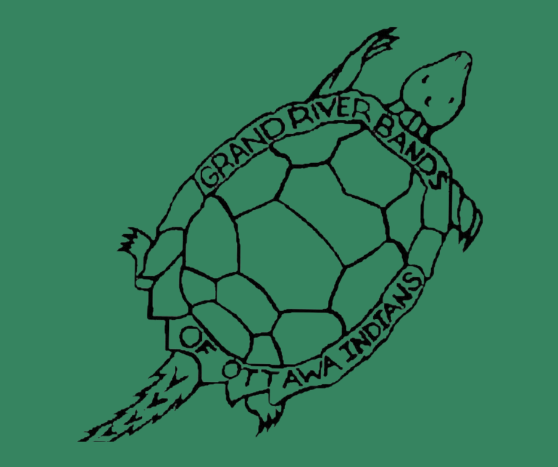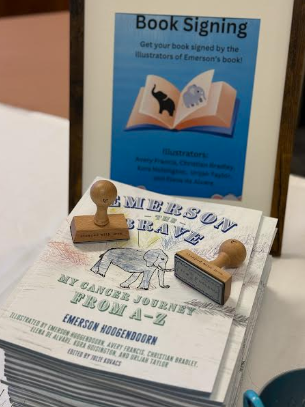The founding of the US, especially from the perspective of most of us in the 21st century, marked the beginning of something completely different; an already new concept was being put into practice, irreversibly. For many groups of people however, this marked the end of their millennia long experiment. As the US took shape, tribes across North America only saw a completely different kind of struggle.
Of course, attention has been raised to the plight of Native Americans in recent years, and there are several ways in which the US government has tried to work with tribes in a fair manner. One way in which the federal government attempts to work with these tribes is, as widely understood, reservations. Even without direct land allocation to tribes, however, federal recognition still comes with a whole host of benefits: financial aid, housing, medical aid, and tribal sovereignty.

Seeing the unique benefits that come with federal recognition, it makes sense that the West Michigan tribe, Grand River Bands of Ottawa Indians, has been pushing for such recognition for over 30 years. They have made many agreements with the federal government, with the earliest of which dating to 1795. At present, most of their members reside in Kent, Oceana, and Muskegon counties, and their numbers total fewer than 500.
The tribe has enjoyed state recognition since the 1990’s and has recently benefited from statewide efforts to bring them federal recognition. Even still, obtaining such recognition has been a tenuous task for them, with US representative Hillary Scholten saying that the tribe has been forced to endure “insulting” and “overly bureaucratic burdens” in their dealings with the US Department of Interior’s Bureau of Indian Affairs.
The chairman of the tribe, Ron Yob, does seem a little bit more satisfied, saying, “The U.S. Department of the Interior has continuously reached out to support our efforts.” Although the tribe was initially rejected by the bureau, they were given some grace and a period to gather additional documentation. Currently, then, the Bureau is reviewing their case and their status is pending.
Seeing the difficulties the tribe has had to face, federal representatives from Michigan have attempted to bypass the bureau. In 2023, a bill was introduced into congress that would give the Grand River Bands of Ottawa Indians Federal legislation. This, if it were to pass, would not mark the only such occasion; federal legislation has come to the aid of other tribes in the past. Unfortunately however, it seems that this legislation has stagnated, and thus has not made it that far beyond introduction. Michigan’s state legislature has also signaled support for the group, passing legislation urging the federal government to grant some sort of recognition to the tribe.
Those critical of the tribe’s attempts at recognition point out that many in the Grand River Band of Ottawa Indians also claim membership in another tribe. However it should be noted that this is untrue of most of the tribe’s members and, again, the federal government has previously negotiated with the tribe in the form of several existing treaties. The other issue —that of little documentation— is something that the tribe has made efforts to rectify recently, and that recent change is what the Bureau of Indian Affairs is currently reviewing.
The story of the Grand River Bands of Ottawa Indians is yet to be finished. Though they cannot claim to have met their goal of federal recognition, it has not a goal they have resolutely failed to meet either. Their state is now a hopeful one; several roads are open to them, and they all lead to the same, positive, end. Even better for them is that they have already made progress down multiple, now their only task is to wait for others to finish their work.






